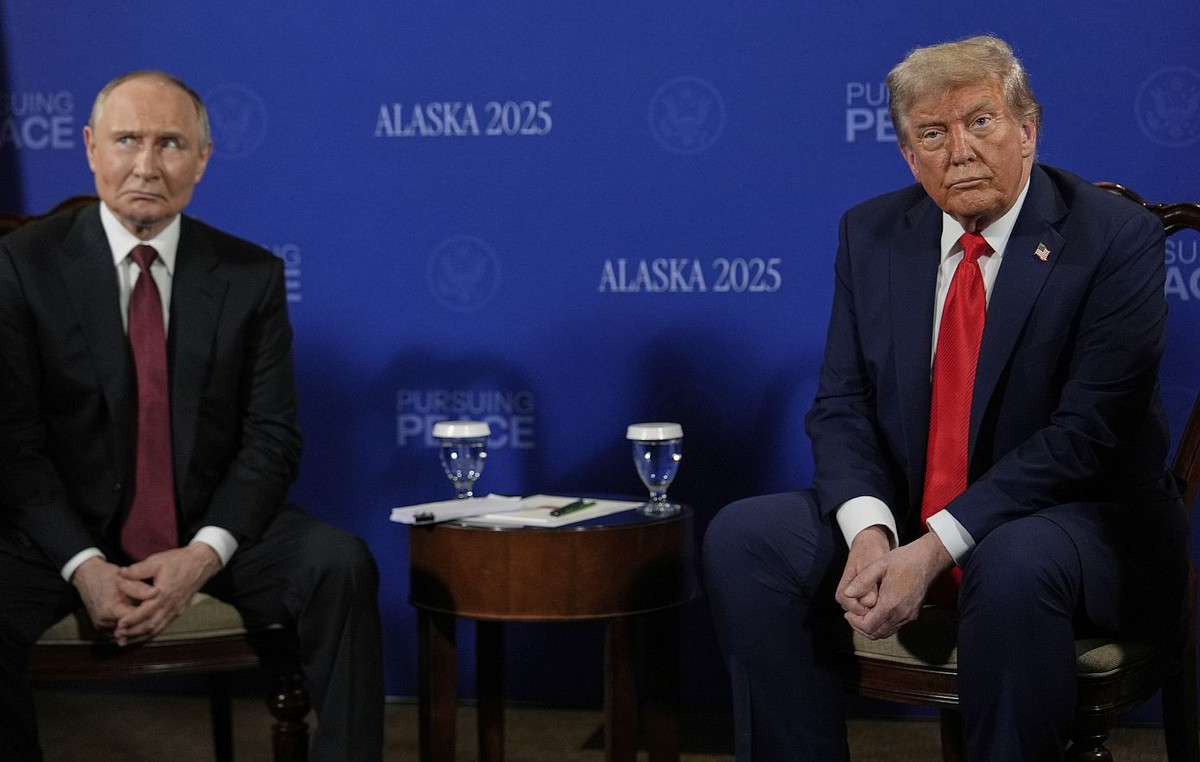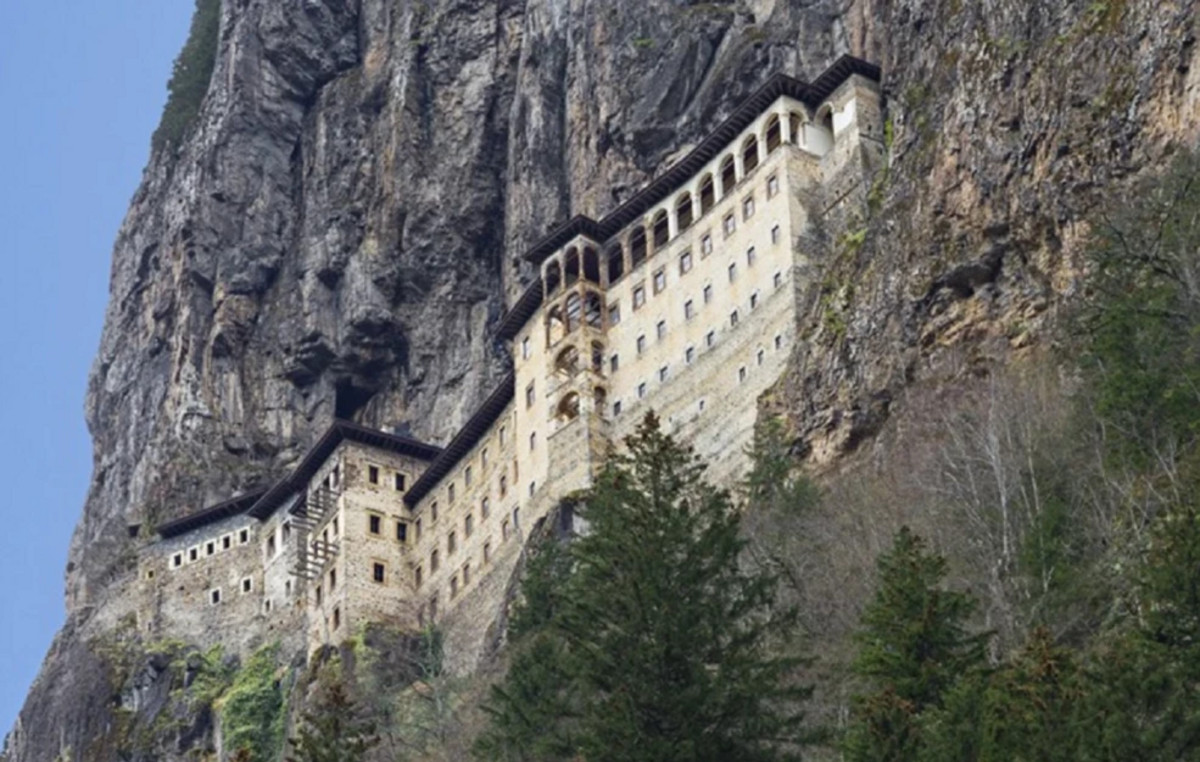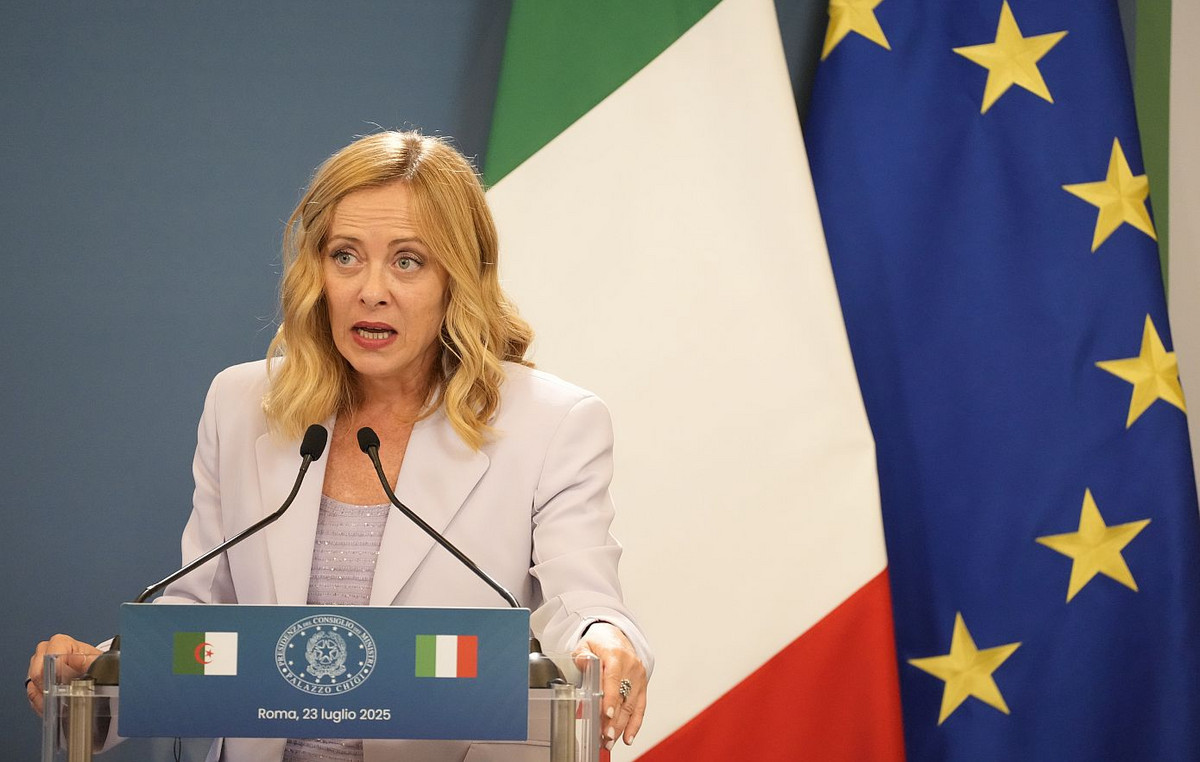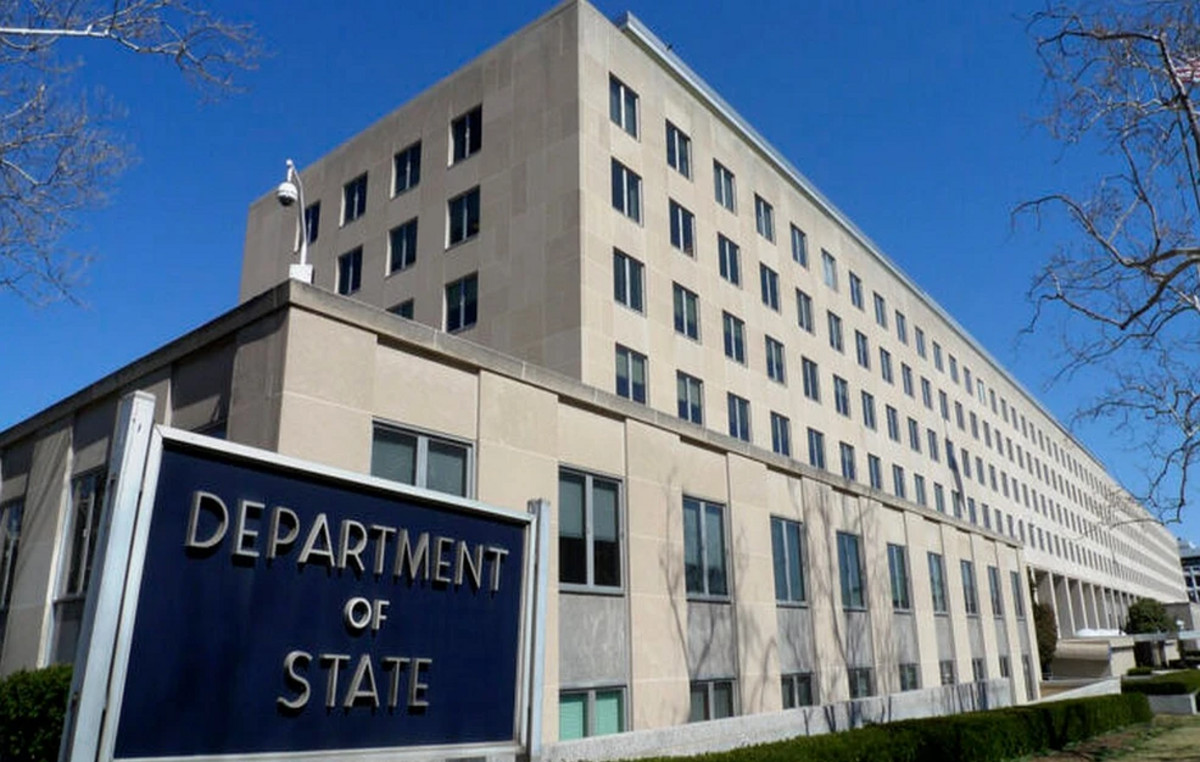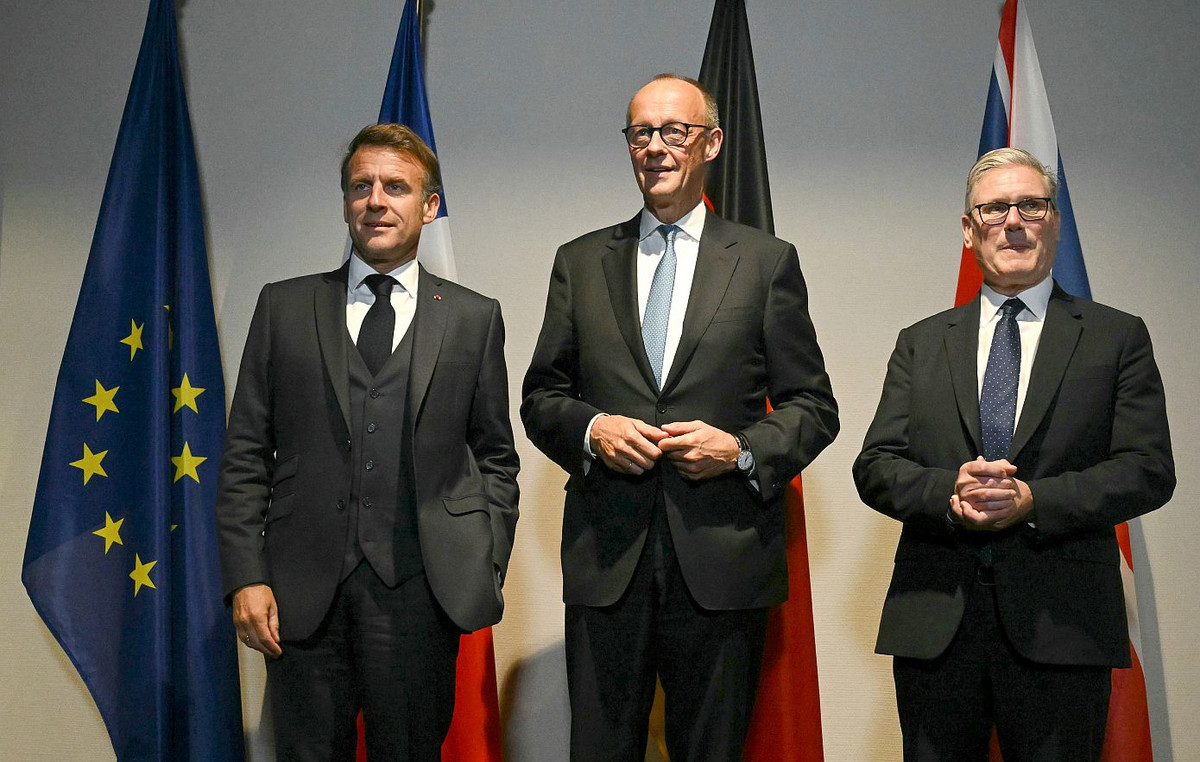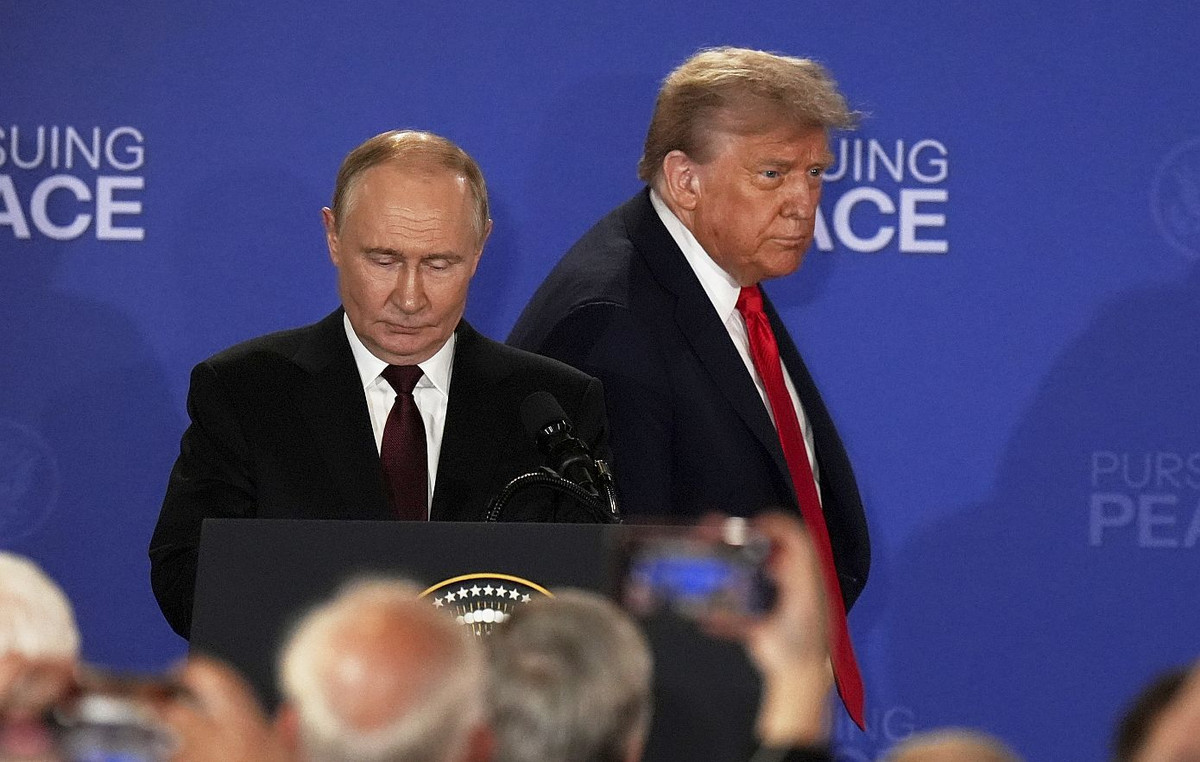Brazil opened almost 200,000 new formal jobs in April, according to data from the General Register of Employed and Unemployed (Caged), released this Monday (6th), by the Ministry of Labor. The number is higher than what was recorded in April last year (89.5), and the government’s optimism for the coming months is great.
“I think it is not far from reality that we think of a number close to between one and a half million and two million jobs. Surely, in the coming months this number will generate the largest stock of formal jobs in the country’s history”, says Bruno Dalcomo, executive secretary of the Ministry of Labor.
According to the Brazilian Institute of Geography and Statistics (IBGE), Brazil currently has 96.5 million employed people, also considering the informal sector. It is the highest number in the historical series started in 2012.
The reaction of the labor market, after the crisis caused by the pandemic, is good news for the federal government and for the reelection project of President Jair Bolsonaro (PL).
“Not being unemployed increases self-esteem. And even if someone in the family is unemployed, the feeling the family has is that the economy has taken a turn for the worse since the last election. So, voters often ask themselves how they were economically four years ago, if they were better or worse,” says Marcelo Kfoury, a professor at the Getúlio Vargas Foundation (FGV).
On the other hand, in the shadow of the economy, inflation continues to grow and shows no signs of improvement. Market estimates have worsened yet again. The Focus bulletin, released today by the Central Bank (BC), showed that the expectation is for an IPCA of almost 9% (8.89%) in 2022, consuming the purchasing power of Brazilians and giving ammunition to Bolsonaro’s opponents.
Former president Luiz Inácio Lula da Silva (PT) does not spare criticism of the federal government on account of rising inflation. The preview of the PT government plan says that the current economic policy is primarily responsible for the decomposition of the population’s living conditions.
For economist Paulo Roberto Feldmann, project coordinator at the FIA Business School, the erosion of income, caused by the soaring prices, should weigh more heavily on the balance of voter choices in October.
“Two years, three years ago, unemployment was almost 13%, it dropped to 10.5%. Great, but the average Brazilian income has dropped a lot. This all creates a very bad cauldron for the government because it generates great dissatisfaction in the population”.
Faced with the rise in prices, Economy Minister Paulo Guedes is the target of the opposition and even a wing of the government that is uncomfortable with the liberal style and strong control of spending by the minister of the economy. But the pressure doesn’t bother the president. In an interview with the Agro Mais channel, Bolsonaro guaranteed Guedes an eventual second term.
“Absolutely, yes. It depends on him. I see him tired from time to time, which is natural. He is a minister who in the past was very exchanged in the economy. From time to time, some want me to change him, among others, to resolve certain issues, but I prefer to talk to them and, within that mutual loyalty that we have, change something and continue this fight.”
Debate
THE CNN will hold the first presidential debate of 2022. The clash between the candidates will be broadcast live on August 6, on TV and on our digital platforms.
See the possible candidates for the Presidency of the Republic in 2022
Source: CNN Brasil
I’m James Harper, a highly experienced and accomplished news writer for World Stock Market. I have been writing in the Politics section of the website for over five years, providing readers with up-to-date and insightful information about current events in politics. My work is widely read and respected by many industry professionals as well as laymen.

